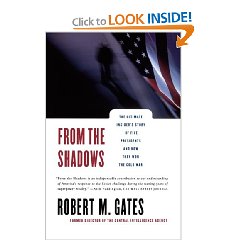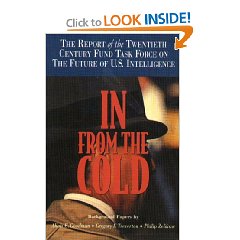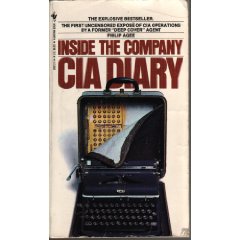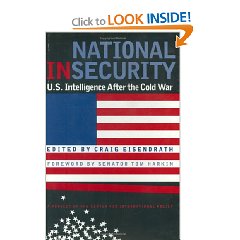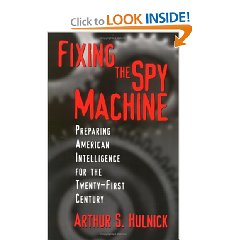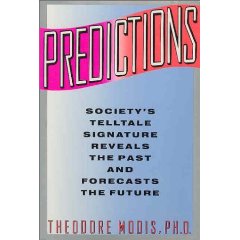Review: From the Shadows–The Ultimate Insider’s Story of Five Presidents and How They Won the Cold War
4 Star, Intelligence (Government/Secret)Review: In from the Cold–The Report of the Twentieth Century Fund Task Force on the Future of U.S. Intelligence
4 Star, Intelligence (Government/Secret)Review: INSIDE THE COMPANY–CIA DIARY
4 Star, Impeachment & Treason, Intelligence (Government/Secret)Edit of 11 Jan 08 to add comment and links.
Comment: I am committed to reducing the secret budget from $60 billion a year to $12 billion, and the heavy metal military budget from $950 billion to $250 billion, with the savings directed toward waging peace and offering free education in all languages via free cell phones, the only way we will be able to create a prosperous world at peace.
Other links:
Legacy of Ashes: The History of the CIA
Dark Alliance: The CIA, the Contras, and the Crack Cocaine Explosion
Web of Deceit: The History of Western complicity in Iraq, from Churchill to Kennedy to George W. Bush
None So Blind: A Personal Account of the Intelligence Failure in Vietnam
See No Evil
Sleeping with the Devil: How Washington Sold Our Soul for Saudi Crude
9/11 Synthetic Terror: Made in USA, Fourth Edition
Edit of 12 Apr 09 to add three more links
Who the Hell Are We Fighting?: The Story of Sam Adams and the Vietnam Intelligence Wars
The New Craft of Intelligence: Personal, Public, & Political–Citizen's Action Handbook for Fighting Terrorism, Genocide, Disease, Toxic Bombs, & Corruption
Collective Intelligence: Creating a Prosperous World at Peace
Review: National Insecurity–U.S. Intelligence After the Cold War
4 Star, Intelligence (Government/Secret)A project by the Center for International Policy, founded by Senator Tom Harkin (D-Iowa), this book brings together a series of chapters that are largely anecdotal (but reasoned) pieces from former foreign service officers recalling all the terrible things CIA did or did not do while they were in service. It includes a chapter by Mel Goodman that some thought was to have been a full-blown book. The chapter by Richard A. Stubbing on “Improving the Output of Intelligence: Priorities, Managerial Changes, and Funding” is quite interesting. There is a great deal of truth in all that is presented here-Ambassador Bob White, for example, was in El Salvador when I reported, a graduate thesis on predicting (and preventing) revolution in my past, and I remember vividly our conversation about the need to suppress the extreme right if we were to stabilize the country.

Review: Fixing the Spy Machine–Preparing American Intelligence for the Twenty-First Century
4 Star, Intelligence (Government/Secret)This book has two good features-the author really does understand the personnel issues, and hence one can read between the lines for added value; and the book is as good an “insider” tour of the waterfront as one could ask for. How the book treats the CIA-FBI relationship, for example, is probably representative of how most CIA insiders feel. The book does not reflect a deep understanding of open sources and tends to accept the common wisdom across the intelligence bureaucracy, that all is “generally okay” and just a bit of change on the margin is necessary. In this respect, it is a good benchmark against which the more daring reformist books may be measured.



